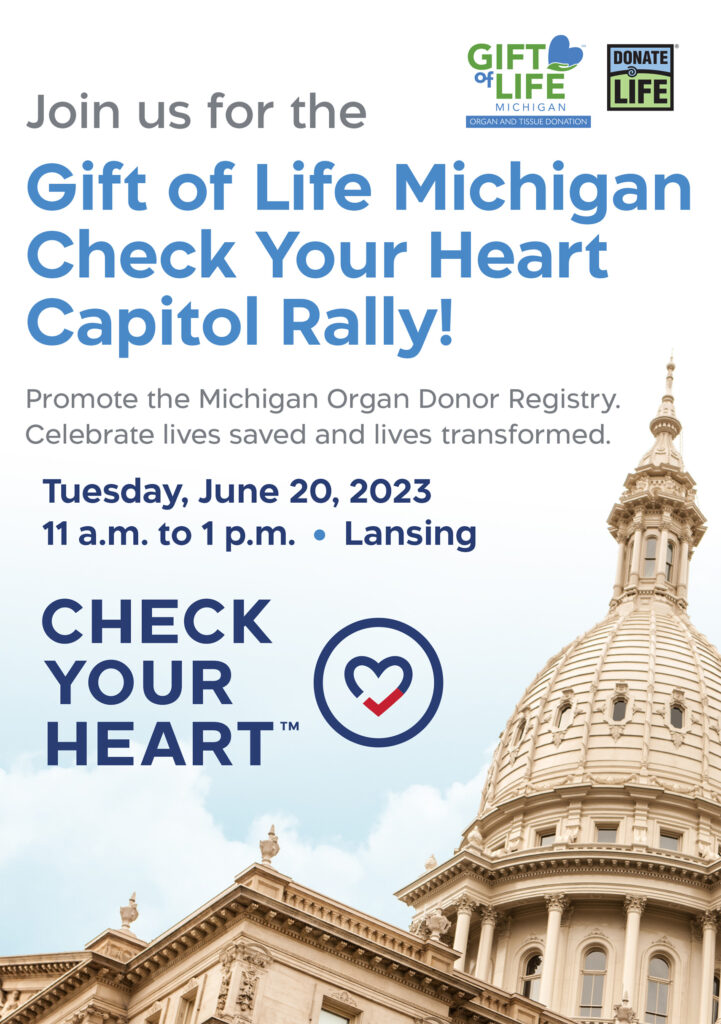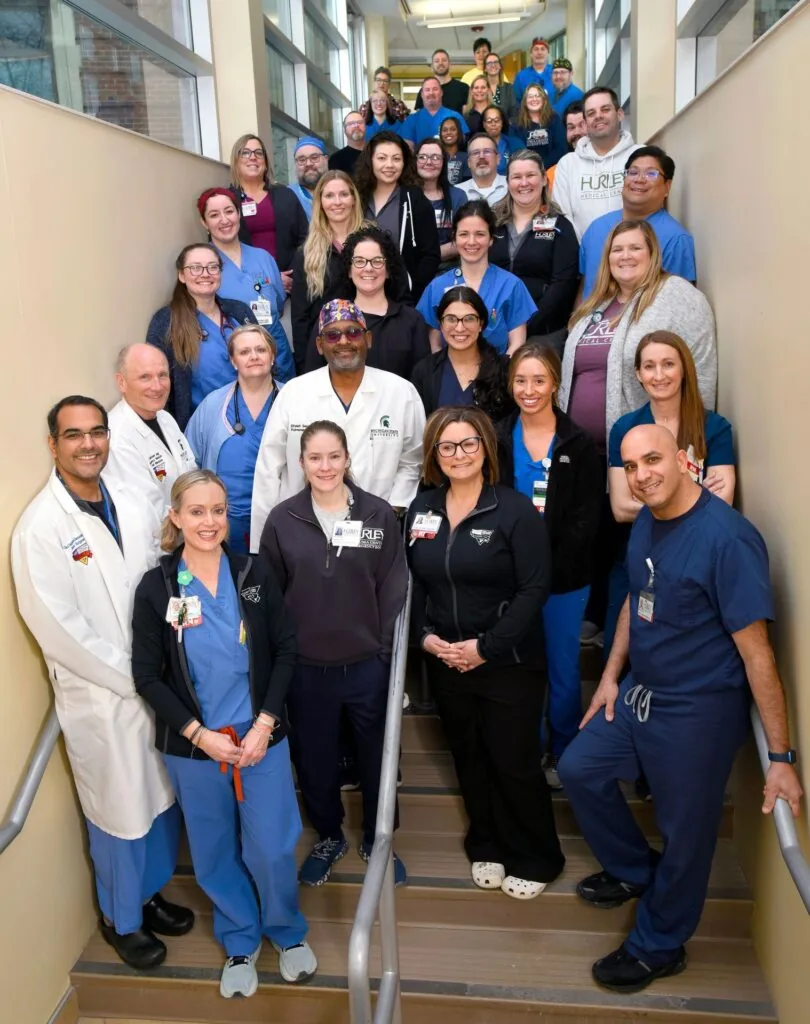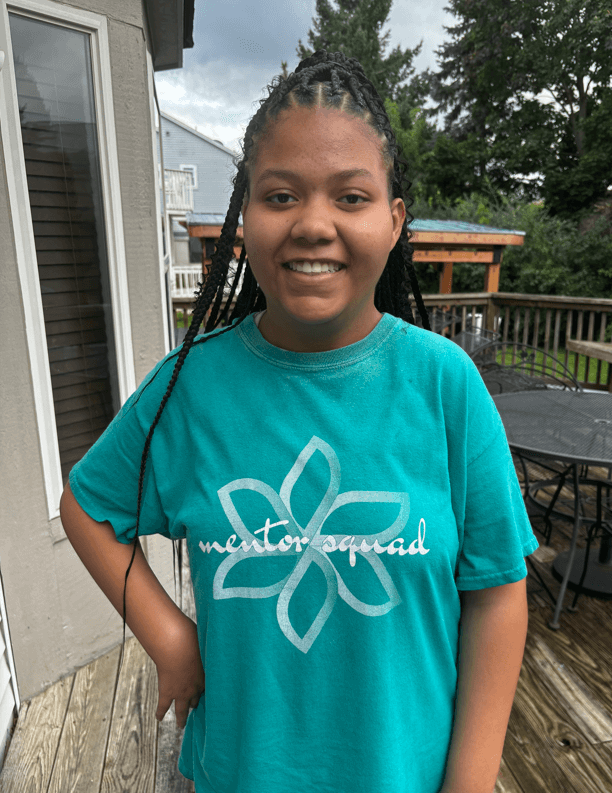Check Your Heart Act would add donation question to income tax form
Patrick Wells-O’Brien spends a lot of time generating innovative ideas about how to add thousands of names to the state’s Organ Donor Registry. It’s the number one goal for his 23-person division and he takes his leadership responsibility very seriously.
Gift of Life Michigan has made significant inroads legislatively since Patrick joined the organization more than two years ago. The organization’s VP of communications and external relations talks here about what’s on the horizon legislatively, and why new bills will save lives.
LifeLINES: Gift of Life is working with a lot of legislators right now to sponsor, write and introduce new donation-related bills. Why is that?
Patrick Wells-O’Brien: We have a great partnership with the Michigan Secretary of State, but COVID resulted in two changes that have affected the Michigan Organ Donor Registry. They increased the number of years required to renew your driver’s license in person from eight to 12 years. That means the donation question is asked in person fewer times.
And, secondly, you can do more transactions online. We get half the number of yeses to the donation question when it’s not asked in person. The consequence is that the Donor Registry is growing at its slowest rate since 2008. We need legislation to help us do some very important things that will add names.
Donation begins with the Donor Registry, so if it’s not robust, lives are at stake.
LifeLINES: What legislation are you working on?
Patrick: We need the availability to register in more places than just the Secretary of State.
We have strong bipartisan support, so we feel good about the potential of these important bills. But we are encouraging the public to write to their representatives to express their support as well.
About 2,400 patients are waiting for transplants.
 LifeLINES: How do you feel about Gift of Life’s support from the Michigan legislature right now?
LifeLINES: How do you feel about Gift of Life’s support from the Michigan legislature right now?
Patrick: We’ve made tremendous strides in the past few years. We started communicating regularly and educating them about donation issues. We also host a Check Your Heart rally on the capitol lawn in Lansing every summer now and we’re inviting legislators to Gift of Life Michigan in Ann Arbor to meet our team and see the life-saving work for themselves.
That’s made a big difference in increasing their awareness and interest in helping us educate and register Michigan residents.
LifeLINES: What’s happening on the national level?
Patrick: We’re educating our congressional delegation and federal regulators about the national issues that our industry has. As long as people die waiting for a life-saving organ, more needs to be done. That is why we have invested to expand donation, improve our systems, and educate the public. We agree that some organ procurement organizations (OPOs) are underperforming. In those cases, regulators should step in.
However, new regulatory pressure that our industry is facing could put organizations like ours in jeopardy. Despite having nine consecutive years of record-breaking growth, Gift of Life Michigan could be decertified or taken over by an outside group. We are working with our congressional delegation to inform them about our progress as well as the risks facing Michigan’s organ procurement organization.
To stay up-to-date, visit golm.org/advocacy for our latest and most pressing news.
Join Gift of Life for our Check Your Heart Capitol Rally on Tuesday, June 20 in Lansing.
Top three legislative efforts
The first, and most important, is the Check Your Heart Act, which would add the organ donation question to the Michigan Income Tax form. The bill was introduced to the state House in March. We believe that, if passed, Michigan would be the first in the nation to offer the opportunity to register this way.
The second most important legislation is a bill that would require education about organ and tissue donation in Michigan’s 1,800 high schools. Ohio, Indiana and Illinois have it and we think Michigan also should have it. We want those 16-year-olds who are asked the organ donor question when they go to get their license to have had education about what’s involved. It would be an hour in a health or science class.
The third important piece of legislation is the Patient Access to Donor Registry information bill. It would encourage family doctors and urgent care centers to make information about organ and tissue donation available to their patients. There are all kinds of misconceptions out there that we think doctors can help with. For example, some people think they are too old to be a donor, and yet we had a tissue donor who was 101 years old.









